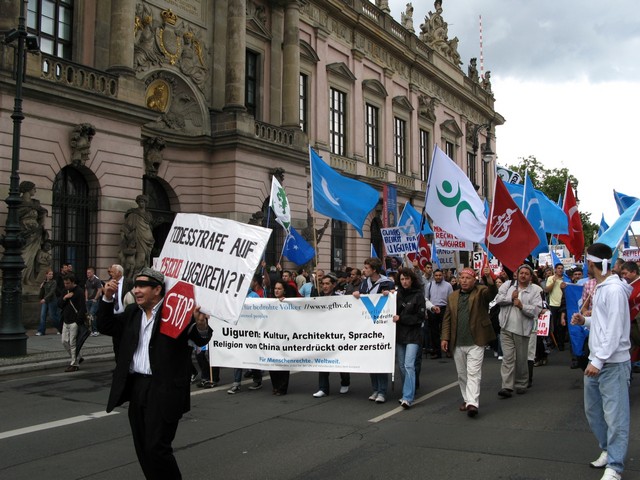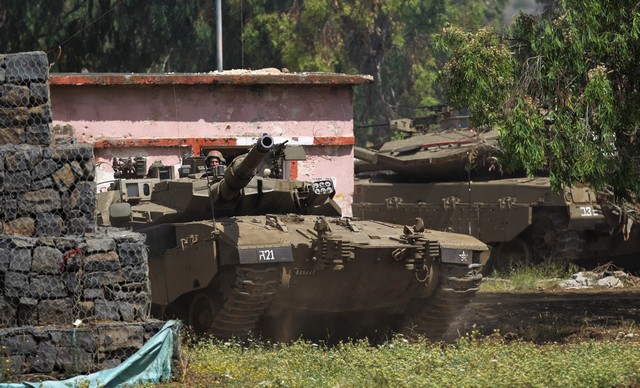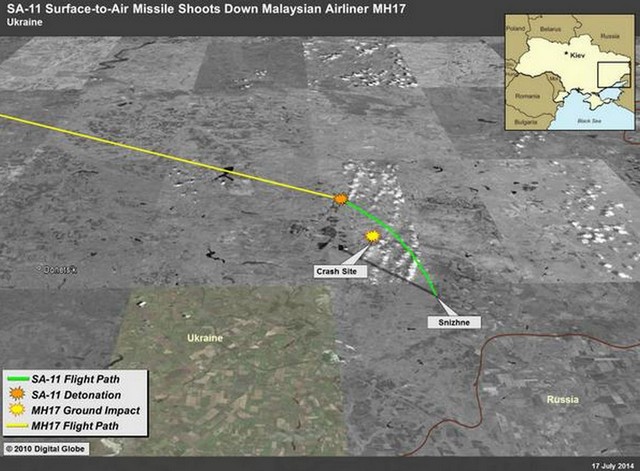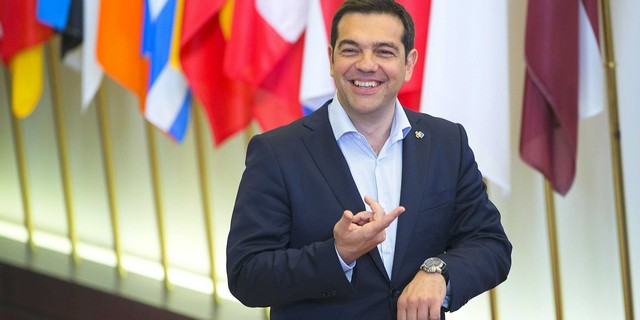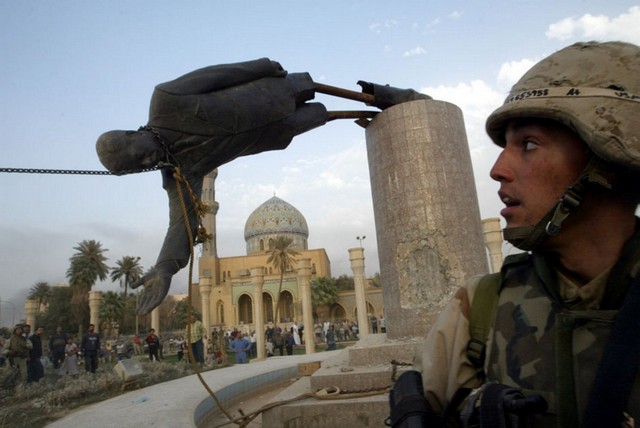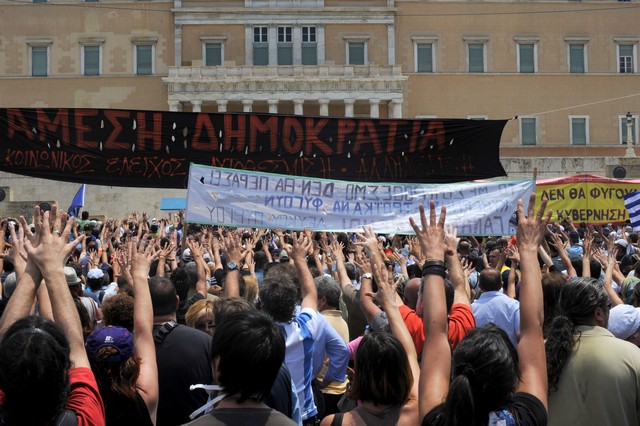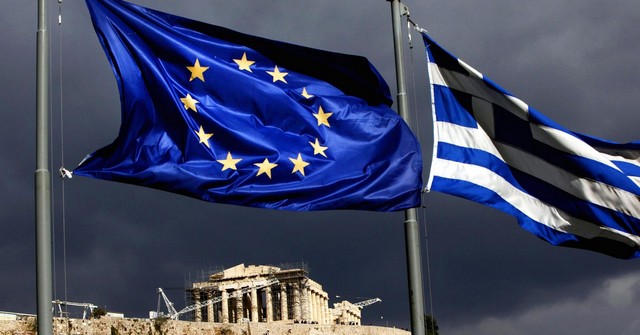By Eric Zuesse
Robert Parry headlined on July 9th, “MH-17 Case Slips into Propaganda Fog,” and he wrote: “Many investigative journalists, including myself, have been rebuffed in repeated efforts to get verifiable proof about the case or even informational briefings.” His phrase “have been rebuffed” was linked to a July 3rd article by nsnbc’s Christof Lehmann, “MH17 — The Methodology of an International Cover-Up,” which included the following:
The Firewall against Transparency
Numerous journalists, the author included, have made considerable efforts to elicit independently verifiable evidence from all of the involved parties. This includes mails and phone calls to relevant ministries in Ukraine, the USA, UK, Russia, Australia, Malaysia, and the Dutch Safety Board in The Netherlands.
All requests to provide independently verifiable data have remained unanswered. That includes requests for a certified copy of radar data released by the Russian Ministry of Defense, certified copies of communications between Ukrainian Air Traffic Controllers and the flight crew on board the downed Boeing 777-200, and not least a certified copy of the Comma Separated Variable (CSV) file from the downed Boeing 777-200’s flight data recorder.
To mention but a few examples that demonstrate the significance of the need for full transparency. The DSB [Dutch Safety Board, which is running the entire investigation] published a “transcript” of ATC – Flight Crew communications. Investigative journalists have, in other words, no possibility to see whether the audio has been tampered with or for that matter, if the voices even are consistent with those of the flight crew.
Lehmann then dropped a bombshell, just in passing, a communication from a representative of the investigation-team, which communication had been made individually to Lehmann:
Sara Vernooij from the Dutch Safety Board implicitly provided the key to the puzzling question why non[e] of the involved parties is forthcoming with regards to independently testable and verifiable data end evidence by stating to the author:
“The investigation information is protected by Dutch law (Dutch Kingdom Act). This act determines that only the information issued in the Final Reports is public; sources and files containing investigation information are not publicly accessible. … The Kingdom Act concerning the Dutch Safety Board excludes investigation information from [being covered under] the WOB [Open Government Act]. There is [consequently] no possibility to get any access to investigation information by the Dutch Safety Board if you are not a member of the investigation team.”
… That is – no independently testable and verifiable information will be made available to the public.
This wasn’t the first time that the Dutch Safety Board has made clear that it will prohibit the public from having access to the evidence. The Dutch Safety Board had received its authority over the MH17 investigation by the Dutch Government. The Dutch Government had participated in the planning for the Maidan demonstrations and the overthrow of the prior Ukrainian Government. On 24 August 2014, I had headlined, “MH-17 ‘Investigation’: Secret August 8th Agreement Seeps Out,” and reported that,
Regarding what caused the downing of the Malaysian airliner MH-17 in Ukraine on July 17th, the Ukrainian news agency UNIAN, reported in a brief Russian-language news story on August 12th, that four days earlier (August 8th) a representative of that nation’s [Ukraine’s] Prosecutor General office, Yuri Boychenko, had said that (as auto-translated by google), “the results [of the investigation] will be announced upon completion of the investigation and with the consent of all the parties who signed the corresponding agreement.” This UNIAN report said that, “As part of the four-party agreement signed on August 8 between Ukraine, the Netherlands, Belgium and Australia [all of which nations are allies of the United States and are cooperating with its new Cold War against Russia], information on the investigation into the disaster Malaysian ‘Boeing-777′ will not be disclosed.” In other words: the official ‘investigation’ is being carried out by four nations that, as U.S. allies, are hostile toward Russia. One of those four nations, Ukraine, is … a prime suspect in possibly having shot this airliner down.
Any intelligent person understands that giving a suspect in a crime a veto-power over the ‘findings’ of the official investigation into the crime means that the ‘investigation’ is dishonest; it is corrupt. And yet journaliststs continue to play along with this game as if it weren’t corrupt. Instead of publicizing its corruptness, they pretend that the official ‘investigation’ isn’t corrupt. More is needed than merely to talk about “transparency,” or “propaganda fog.” The appropriate charge here is: “corrupt.” The official ‘investigation’ is corrupt. It is dishonest.
How, then, should investigative journalists deal with this matter?
First of all, they need to publicize that the official ‘investigation’ is corrupt (not only as was just indicated, but in other respects also). Any ‘investigation’ into a crime, where a suspect in the crime possesses veto-power over the ‘findings,’ is corrupt, and cannot be trusted by a journalist who has integrity and basic intelligence. But furthermore, all four national ‘investigators’ were in league with this Ukrainian Government even prior to the downing.
Secondly, it is crucial that journalists identify and point out what constitutes the highest-quality, least-likely-to-have-been-fabricated-or-tampered-with, item of evidence regarding this crime, and that they then build their theory of the case upon that item of evidence, by interpreting every other item of evidence only in ways that are consistent with what is proven to be so on the basis of that one highest-quality item of evidence.
Such a highest-quality item of evidence does, in fact, exist here, and it’s already publicly available; and it is the side-panel of the cockpit right next to where the plane’s pilot was sitting. That side-panel has an enormous gash shot through it, right where the pilot’s belly would have been. This gash is a few feet in diameter, and its ragged edge shows that it was caused not by a huge object like a canonball but instead by a fusillade of much smaller projectiles that had been fired at the pilot and which ripped through the panel to his body, and killed him. This is shocking evidence. It demonstrates that whatever ripped into the pilot’s body was fired sufficiently close-in so as to target him, and not merely target the plane itself, which, of course, is much larger than a pilot’s belly. Here is that side-panel shown positioned onto the plane prior to the downing, so that you can recognize where it had been located on the airliner. And here is a view of this side-panel shown very close up, in high detail.
And here it is shown so that you can see the full side-panel and the enormous gash into it from those projectiles that had been fired at the pilot’s belly.
Now, in order to see an analysis of what is proven by this side-panel, click here. That walks a reader through this and the other reliable evidence, so that you can make your determinations for yourself, rather than relying upon Robert Parry’s statements, or Christof Lehmann’s statements, or my statements — or anyone’s. The case there is presented by me, but it constantly links directly to the actual evidence, and it interprets all of the other evidence in a way that is consistent with this side-panel as you see it in those photographs, all of which were taken within just hours of the shoot-down. This will enable you to make up your own mind about everything, entirely on your own, on a best-evidence basis, and with minimal reliance upon other people’s statements, because your analysis will be entirely upon a best-evidence-based analysis, which is the way that a jury in a court of law in a democratic country is supposed to reach its verdict about a crime.
However, if you are reading this article for the first time, then you might first want to see the case presented in a different way, which points out the reason why the ‘history’ of this event, the cause of that crime, cannot be what the official versions of it say that it is: it cannot be a ground-fired missile that brought down this airliner 33,000 feet above. That ‘explanation’ isn’t only false; it is actually absurd. However, that explanation includes stills from a Russian documentary about the standard ground-based-missile (“Buk”) ‘explanation’ of the shoot-down; and some people in the West have been so indoctrinated to disbelieve everything that comes out of Russia, so that they won’t even want to see that case, which is a preliminary case, demonstrating the U.S.-Ukrainian or Western theory of this event to be absurd on its face. If you want to see that preliminary case (of the absurdity of the U.S.-Ukrainian ‘explanation’), it’s here.
That link, for anyone who isn’t simply closed-minded to Russian sources, is the best single summary presentation of the evidence on the MH17 matter, as I have been able to reconstruct the event.
More recently, I have updated my account in order to deal with the second-most-reliable item of evidence on the case, which is the pilot’s corpse, the autopsy on which is still being hidden, but the cover-up of which is consistent with what one would expect on the basis of my analysis. That update, concerning what would likely be the conclusive proof in the case if it were ever to become public, is here.
And what about the black box and the other items of evidence that are so much the foci of the public’s attention in the West? Well, not only will that evidence never be made public, and so it’s not a rational basis for the public to rely upon in whatever dubious form that might some day become publicly released, but, it’s in the hands of an investigating-team that’s committed to produce a report, if any, that will be acceptable to the Ukrainian Government, which is one of the suspects.
By contrast, the cockpit side-panel was superbly photographed and uploaded to the Internet within only hours of the shoot-down. And no country, and no agent for any country, had had an opportunity to manipulate it before it was made public.
That’s extraordinary. It’s golden. Trusting anything else as constituting the primary item of evidence doesn’t make legal/forensic sense. And, as the last-given link here opens by explaining, wikipedia’s article about the downing of this airliner is deeply untrustworthy, because it altogether ignores the one best item of evidence.
So, the complicity of even the best journalists about this hoax has been that they play along with the pretense that the official authorities on the matter are honest. They make this assumption, even where the authorities persist in hiding evidence from them. Instead, every reader should make up his or her own mind about the downing of this airliner, if a person is interested in the matter at all. Distrust has to be the default assumption for any reader, on this. But what that means in practical terms is: Start only with the least-likely-to-have-been-manipulated item of evidence, and then reason from there, by means of interpreting every other item of evidence on the basis of its consistency with that one, the most-reliable-of-all, item of evidence. And any ‘evidence’ that is inconsistent with it must be presumed to be likely manipulated; it’s legal/forensically inadmissible.
The MH17 shoot-down occurred within the context of U.S. President Barack Obama’s frustration at the EU’s reluctance to increase economic sanctions against Russia, and the downing of this plane was used as the excuse for increasing those sanctions, and it worked — his (and Ukraine’s) ‘explanation’ of the event was accepted right away (though the official ‘investigation’ still has not been completed, if it ever will be). So, this was one of the cardinal historic occurrences in 2014. Anyone seriously interested in the history of our times will need to determine for him or her self how that airliner was shot down. Understanding this event accurately will then open doors to an accurate understanding of our times, and of the world we live in. Not only the victims’ families need to know the truth about this. We all do, actually.
Investigative historian Eric Zuesse is the author, most recently, of They’re Not Even Close: The Democratic vs. Republican Economic Records, 1910-2010, and of CHRIST’S VENTRILOQUISTS: The Event that Created Christianity.
11 July, 2015
Countercurrents.org

